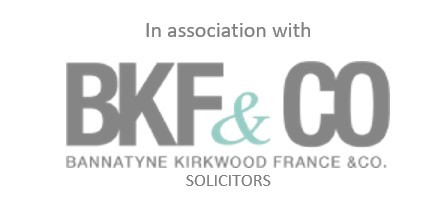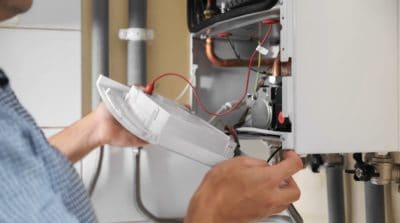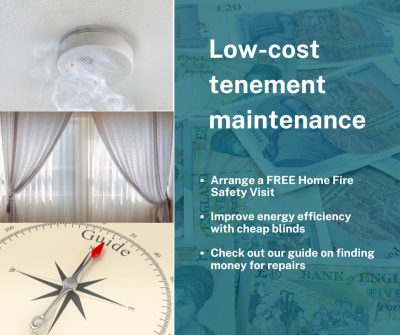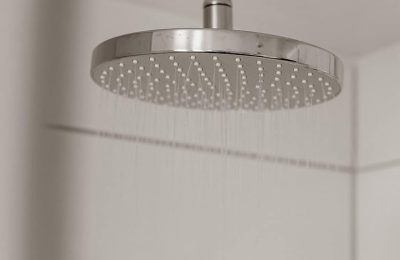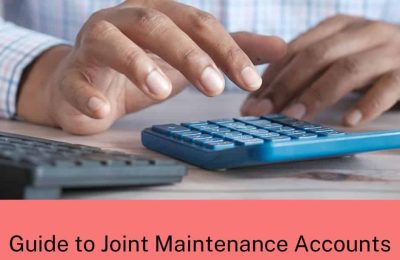The Scottish Government has just published their latest consultation on the question of energy efficiency in homes (including the Private Rented Sector) as a precursor to the proposed Heat in Building Bill to create a ‘Heat in Building Standard’ for Scotland. The consultation outlines the Scottish Government’s intentions regarding addressing greenhouse gas emissions to address the climate crisis which the Scottish Government describe as “the most significant challenge of the 21st century”. The consultation therefore restates the Scottish Government’s intention to prohibit the use of “polluting heating systems” after 2045 and, as part of that, in what they describe as a “pathway to 2045”, require those purchasing a home or business premises after 2033 to end the use of such heating systems within a fixed period after purchase (the consultation asks for views on whether it should be two to five years), as well as requirements for properties to meet minimum energy efficiency standards.
Details of the proposals contained within the consultation and how to respond can be found using this link
Whilst the consultation document covers areas such as public buildings and private homes, the latter of which will likely gather the most headlines, this blog will focus on what is said regarding current proposals for the PRS and minimum energy efficiency.
Background
The Scottish Government did previously consult on such matters way back in 2019, but the regulations were not introduced due to the COVID-19 pandemic and its impact.
What is being consulted upon?
The main questions focus on:
- The proposal to set a minimum energy efficiency standard and to have that met in the PRS by 2028. Similar questions are asked regarding owner occupied properties for 2033 (social housing is not to be included)
- What measures should be required to meet this energy efficiency standard and whether they should be linked to ‘straightforward’ measures such as 270mm loft insulation, suspended floor insulation, cavity wall insulation, hot water cylinder insulation, draught proofing and heating controls as well as an alternative measure based on the amount of energy needed to heat the property to a comfortable level (suggested at 120kWh/m2/year)
- How to deal with traditional properties that may not be able to meet requirements
Why has the Private Rented Sector to comply before other sectors?
The Scottish Government simply states that this is because “private rented homes typically have a poorer standard of energy efficiency” (although no source for this claim is cited) and that the Scottish Government wants to see tenants have “warmer homes” in order to address fuel poverty in circumstances where they would not be able to take steps themselves.
What standard is to apply and what about “cost caps”?
Although the draft regulations produced back in 2019 came with a two stage move to EPC rating Band D and then Band C, “cost caps” and the ability to register properties that could not comply with the required standards (despite spending up to the cost cap) on a register of exempt properties, similar proposals do not appear within this consultation, nor any specific EPC rating that is to apply (albeit the executive summary talks about “providing flexibility and exemptions where those are clearly needed” for example for properties that cannot implement some of the measures), but rather that reaching a “good level of energy efficiency” would be achieved by installing the specified measures or meeting the energy usage level exampled above (which is described as an equivalent to a current EPC rating of Band C).
What if your property does not meet the requirements?
What is suggested is that there will be no prohibition on the sale of properties that don’t meet the standard, but there will be a prohibition on properties that don’t meet the standard by the “end of 2028” being let to new tenants. There are other proposed differentials for private sector properties in that, whilst owner occupied properties that fit a “clean heating system” will be exempt from the minimum energy efficiency requirements come 2033, private let properties with “clean heating systems” will still have to meet the requirements by the end of 2028.
Summary
Overall, it seems like the Scottish Government wishes to go down a different route to the UK Government in their approach to energy efficiency and focus on specifying measures that homeowners and landlords should take rather that specifying, for example an EPC rating of Band C (albeit the clear aim is to have properties achieve energy efficiency at that level). The consultation is open for comments now and will close on 8 March 2024, so it is worth looking at it and responding with your views.
If you require any further information or advice, please contact us or watch our blogs for further updates.

